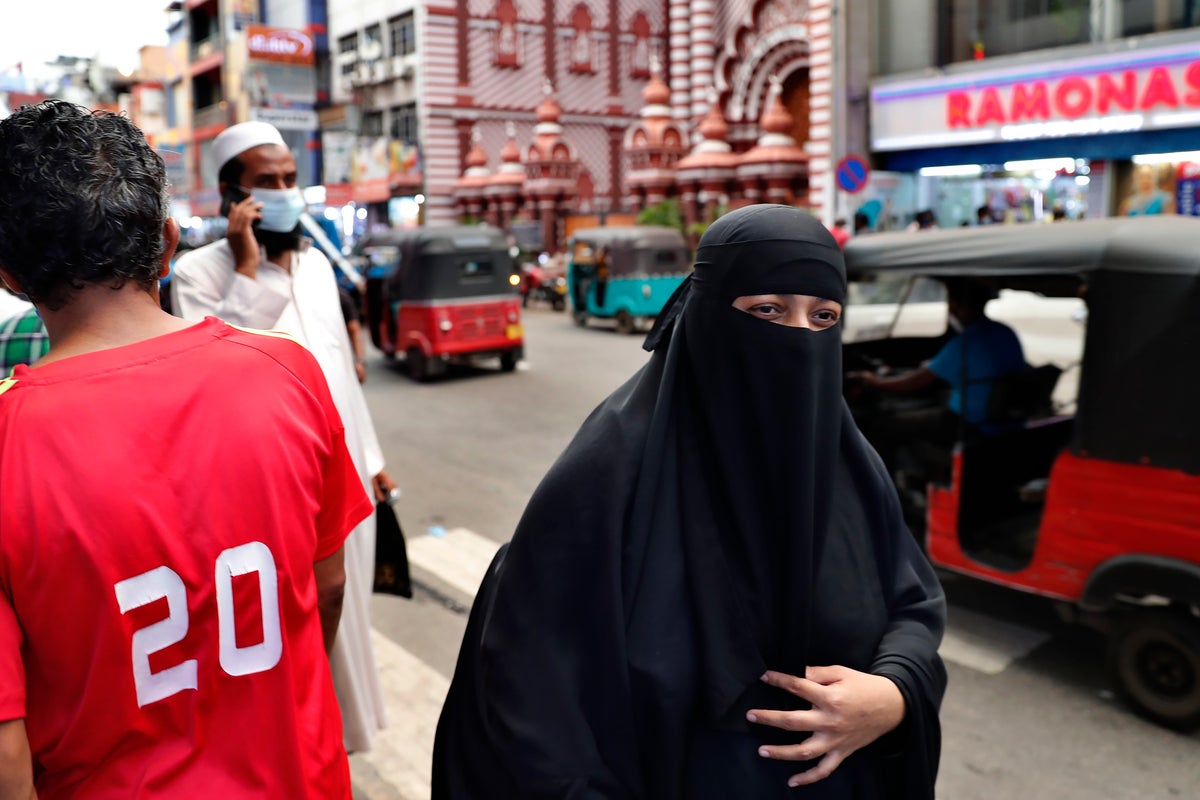Kazakhstan is prohibiting people from wearing clothing in public that obscures the face and impedes facial recognition, becoming the latest Central Asian country to restrict veils worn by Muslim women.
President Kassym-Jomart Tokayev on Monday signed a law banning clothing that “interferes with facial recognition” in public places. Such clothing is now only allowed for medical reasons, during adverse weather and at sporting or cultural events in the majority Muslim country.
“Wearing items of clothing in public places that impede facial recognition is prohibited,” the law states, “except in cases where this is necessary to comply with the laws of the Republic of Kazakhstan, fulfill official duties, or for medical, civil defense, weather-related or event-specific purposes”.
Mr Tokayev previously said the ban was an opportunity to celebrate the ethnic identity of Kazakhstan. “Rather than wearing face-concealing black robes, it’s much better to wear clothes in the national style,” he was quoted as saying by Kazakh media.
“Our national clothes vividly emphasise our ethnic identity, so we need to popularise them comprehensively.”
Restrictions on the wearing of face veils have previously caused outrage among Kazakhs of the Muslim faith.

The Tokayev government banned headscarves from educational institutions in 2023 claiming the “requirements for school uniform prohibit the wearing of the hijab”.
At least 150 girls dropped out of school in protest at the decision.
According to official data, almost 70 per cent of Kazakhstan’s population practises Islam, with Christianity the second most practised religion.
The latest clothing ban follows similar restrictions on face veils by other Central Asian countries. Neighbouring Kyrgyzstan passed a law earlier this year prohibiting face veils from public places. Police in Kyrgyzstan conduct street patrols and raids to enforce the ban on the niqab face veil worn by some Muslim women, according to local media.
Uzbekistan has also banned burqas and veils in public places and imposed a fine of over $250 for any violation. The country has cited security concerns and promotion of secularism as justification for the ban.
Tajikistan passed a similar law in 2023 banning the wearing of any clothing that “contradicts national culture and traditions”.


